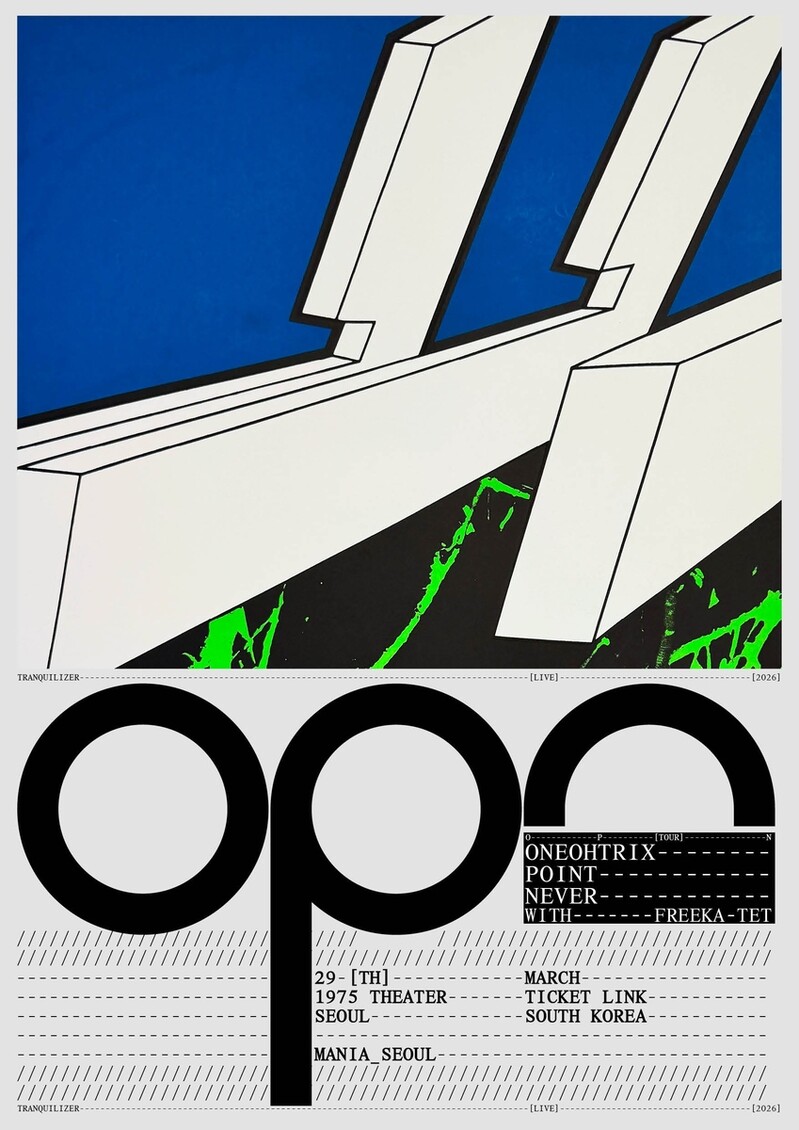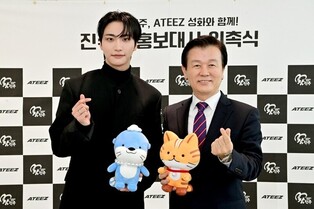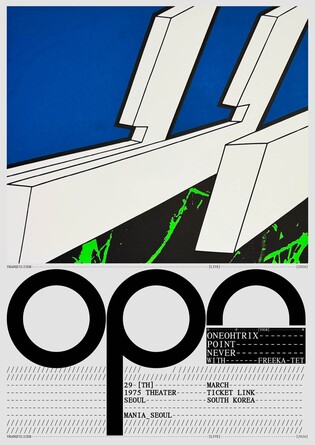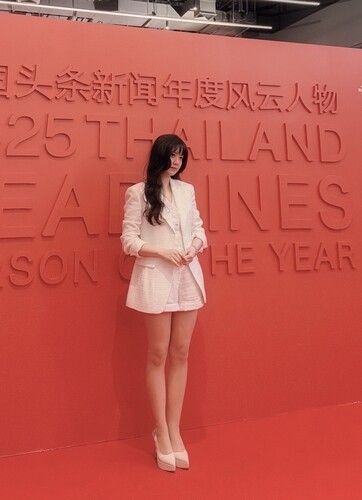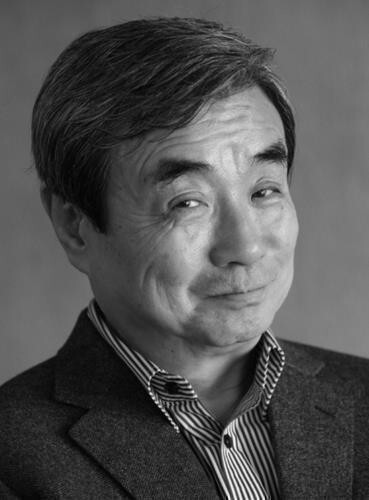
Korean American human rights activist and architect Nam Shin-woo is a longtime friend of mine. He has long been engaged in North Korea human rights activities, and his work has been covered in depth by many domestic and foreign media outlets. Seventeen years ago, Shin-woo and I exchanged a series of letters on issues of our society at the time. Following the previous column, I am releasing the full text of those letters.
(This is the continuation of a letter I sent to Shin-woo.)
There are many people around us who say, “All North Koreans should die.”
Does that mean they want to wage another terrible war?
Most graduates of Kyunggi High School and Seoul National University live premium lives and have established families, so they do not want change. Every “establishment” seeks to maintain the status quo rather than pursue change or reform.
That is because vested interests may be challenged and put at risk. But I believe that not only on this issue, but in all matters, we must not remain stagnant. For progress, we must endure hardship, seek change, and pursue reform. An organization, a society, or a nation without internal reform will stagnate and decay.
My favorite phrase — a keepsake my mother left me — is written on a framed couplet: “Flowing water does not rot, and the hinge of a gate is not eaten by worms.” Without self-reflection and inner renewal, individuals too cannot grow. My mother gave one of these framed calligraphies, written by Cheongnam Oh Je-bong, to my brother and the other to me.
Those who call themselves conservatives may fear losing what they have already achieved. But is it an exaggeration to say that in many cases, what they achieved was almost handed to them?
I still see many people around me who live their lives almost for free, as if they got a bonus. Among graduates of Kyunggi High School, especially those who went to prestigious American universities thanks to their parents, I have painfully witnessed many seniors who made their living simply by intervening in deals with a single phone call, building connections, and collecting brokerage fees.
Some friends could not believe I supported Roh Moo-hyun. But I agreed with many of the reforms he pursued, and I supported him.
The practice of hundreds of billions of won in cash changing hands during elections has completely disappeared. Even in local elections, the custom of people asking for just a bowl of beef soup during campaigns has vanished.
For that alone, I believe Roh made a great contribution to Korean democracy. And I believe anyone who calls Kim Dae-jung or Roh Moo-hyun a communist is making a claim that is simply untrue.
During the 2003 presidential election, we realized the seriousness of the deep mistrust running through our society. I heard that in some families, the father supported Lee Hoi-chang while the son supported Roh Moo-hyun, to the point where they would not even eat together.
At the dinner table, arguments always broke out. The generational, class, and ideological gaps in our society are far wider than expected. We need to nurture more “tolerance.”
Our community tendencies are too strong — we only gather with those who think like us. If political views differ, even friends, families, lovers, and teachers-students break apart. But I have seen in other countries that even with different political views, people can still remain friends or lovers.
Shin-woo, I liked seeing you so absorbed in Lincoln. Even in the past, whenever you liked something, you would immerse yourself completely. I was always doubtful, critical, and troubled, so your passionate admiration for Lincoln looked refreshing. You seemed happy to meet someone you could endlessly admire.
But I also know there are those who view Lincoln differently, and I hope you can acknowledge their perspectives as well. Otherwise, I hope you can defeat them through debate.
I once wrote in my book that Frank Lloyd Wright’s “Fallingwater” was “the most overrated building in the world.” Wright was a fraud. The person who exposed his flaws in detail was Ada Louise Huxtable, whose book you once gave me as a gift.
Even Louis Kahn, my favorite among American architects, had a dark side: he fathered an illegitimate child whom he kept hidden throughout his life. From such cases, I believe no one is flawless. Everyone has hidden sides or different aspects unknown to others.
I think it was truly good that I went to the Netherlands by myself after you all left.
By observing how people lived in Europe, I learned a lot and empathized with much of it. One lasting issue for me has been the socialist ideas and lifestyle of Northern Europe.
Since then, I have believed that in some areas — especially in the concept of land ownership — our country should learn and adopt certain systems.
In Korea, our reliance on the American-style liberal market economy for land use and distribution has turned the entire country into an apartment jungle and ravaged the land into a wasteland.
When that happens, even discussing environmental issues is labeled as progressive. But that is not about left or right — it is about the fundamentals of life.
Yet whenever I voice such thoughts, people around me react that I am “socialist” or “left-leaning.” In Korea today, such terms are equated with “communist” or “red,” labeling people as historical and national criminals.
The word “communist” is thrown around too easily. People say things like, “The Hankyoreh is a communist newspaper,” or “All of South Korea has turned red.” Such extreme and biased rhetoric is rampant. Although I find this divisive dichotomy very dangerous, these days I shut my ears to it.
Such conflicts and misunderstandings, dividing people into conservatives and progressives, exist only for certain groups to justify their own existence. I only hope that people close to you, such as Suzanne Scholte or Cho Gab-je, are not trapped in such extremist fallacies.
As I write this letter over the past few days, news reports have emerged quoting the CIA director as saying, “Current U.S.-North Korea relations are in a honeymoon phase.”
When Barack Obama became a U.S. presidential candidate, some said, “A Korean-style Roh Moo-hyun has appeared in America.” But when he was elected president, they all said, “Indeed, America is a great country.”
Just the other day, President Lee Myung-bak’s new defense minister appeared at a National Assembly hearing in military uniform, declaring he knew the location of North Korea’s nuclear bases and even raising his voice about “preemptive strikes.” Seeing a defense minister in uniform at the Assembly for the first time in years, I felt as though history was moving backward.
This regressive Lee Myung-bak administration now seems flustered by changes in America’s stance. In Japan, the Democratic Party of Japan under Yukio Hatoyama toppled the Liberal Democratic Party, which had dominated for 50 years. Some in Korea said, “A Roh Moo-hyun has appeared in Japan.” Reports say this too has unsettled the Korean government.
If anyone is surprised by these recent developments in the U.S. and Japan, that would be foolish. It is the natural course of history — or even just common sense.
The world changes. Flowers last only ten days, and the full moon inevitably wanes. Those who stubbornly cling to the belief that the world never changes are rightly called hardliners. Without flexibility of thought, one cannot be called an intellectual. (To be continued)
(C) Yonhap News Agency. All Rights Reserved

















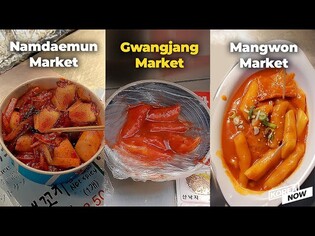
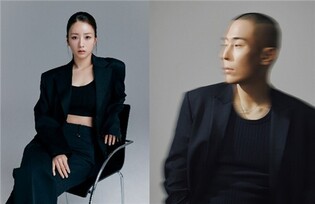
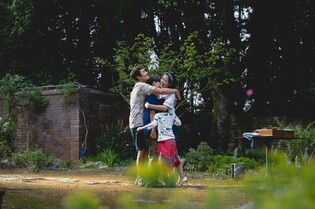
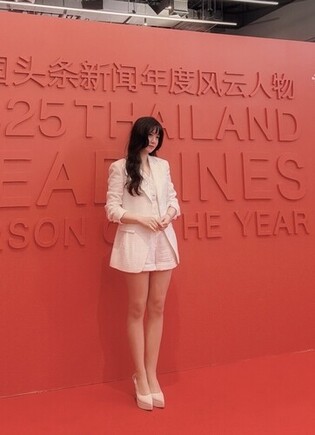


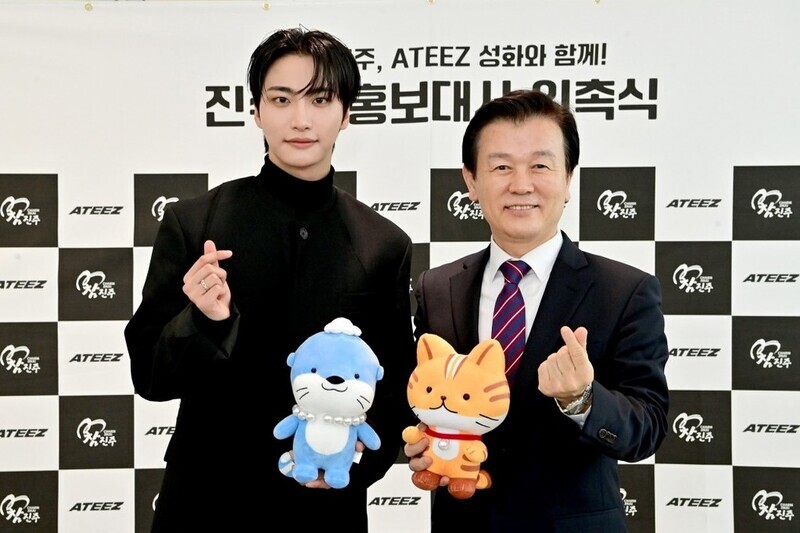
![[가요소식] 베이비몬스터,](/news/data/20251219/yna1065624915960276_172_h2.jpg)
